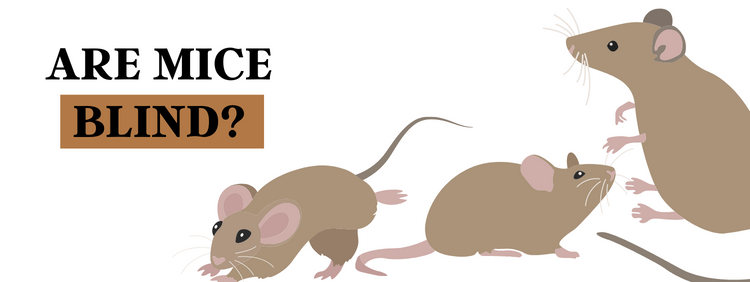 An infestation of mice is a legitimate cause for concern, requiring prompt rodent removal in Cambridge. Because people fear mice, a lot of myths have grown up around them. One of the most persistent is that mice either have poor eyesight or are completely blind. The truth is a little bit more complicated.
An infestation of mice is a legitimate cause for concern, requiring prompt rodent removal in Cambridge. Because people fear mice, a lot of myths have grown up around them. One of the most persistent is that mice either have poor eyesight or are completely blind. The truth is a little bit more complicated.
 An infestation of mice is a legitimate cause for concern, requiring prompt rodent removal in Cambridge. Because people fear mice, a lot of myths have grown up around them. One of the most persistent is that mice either have poor eyesight or are completely blind. The truth is a little bit more complicated.
An infestation of mice is a legitimate cause for concern, requiring prompt rodent removal in Cambridge. Because people fear mice, a lot of myths have grown up around them. One of the most persistent is that mice either have poor eyesight or are completely blind. The truth is a little bit more complicated.

